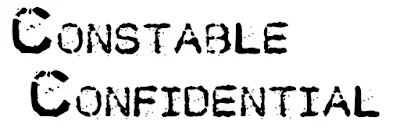By SIMON CONSTABLE
The cyber scammers are still stealing your money, and, in many cases, they seem to be getting better at their chosen field, according to recently released data from the FBI.
The 2024 Internet Crime Report is the latest edition of an annual report on cybercrime scams reported to the Federal Bureau of Investigation. It combines information from 859,532 complaints of suspected internet crime and details reported losses exceeding $16 billion.
How much do you know about the latest scams? Test yourself on our quiz.
Read more here for more questions and answers.













_and_the_nuclear_power_plant_cooling_tower_in_Doel,_Belgium_(DSCF3859).jpeg)
